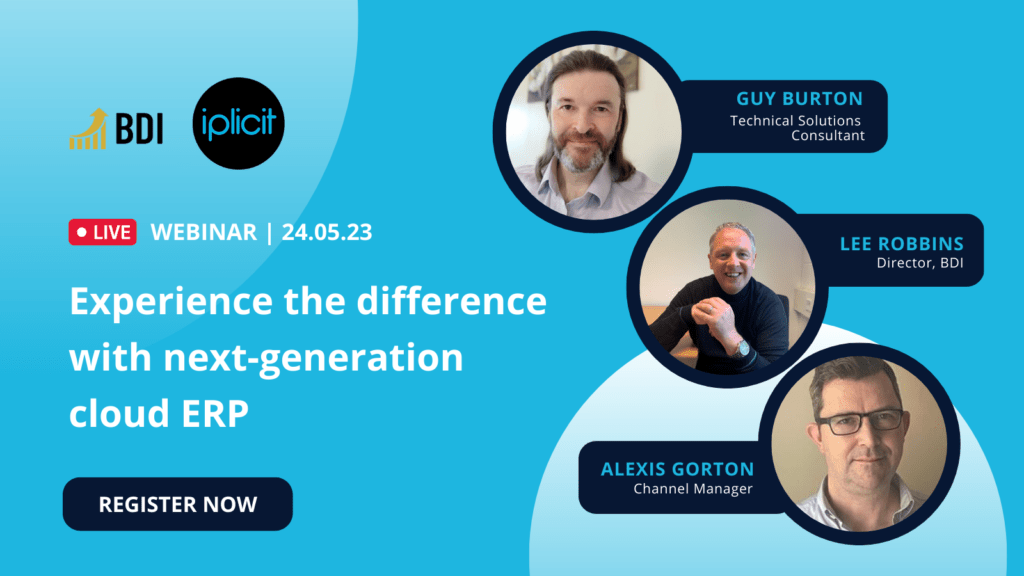As anyone working in a project management capacity knows, strong data supports strong decisions. Using data to its full potential takes the guesswork out of decision-making, therefore creating more confident decisions and providing tangible support for teams.
Project managers can schedule work, increase efficiency, schedule resources, reduce costs, and manage risks more effectively as a result.
One way in which project managers apply data to their work is through business intelligence. BI provides companies and project managers with real-time metrics, supporting better and faster decision-making. Business intelligence solutions also provide increased visibility into projects, processes, and outcomes.
This article explores how integrating data analytics and BI into project management practices can greatly support and benefit project outcomes.
Table of Contents
Join the BDI mailing list
Keep up to date with the latest events, webinars, and product launches from BDI.
Sign UpMatching, allocating, and scheduling resources
Resource management is often tricky, as resources are always changing and are often scarce. This makes it difficult for teams to plan and allocate resource usage in any given project.
Data is the crucial element to driving effective decisions around resource availability and allocation.
After all, the success of projects rests on the ability to match skills, allocate, and schedule the best resources. Having access to past and current project performance supports this; project managers can better allocate resources through understanding how they have been previously used. For example, project managers can see which resources are being under or over-utilised.
Containing this data within one centralised location also supports this function. Companies who use standalone Excel sheets as opposed to BI tools are disadvantaged, as data may not be current. Integrated BI tools ensure project scheduling timelines are realistic and can also identify risk factors that may become obstacles to achieving planned timelines.
Project managers can then use this data to develop resource management KPIs. This includes indicators of resource conflicts or on-time task completions.
Increasing efficiencies
BI helps project managers discover and improve cumbersome internal workflows and/or technology-based inefficiencies. It can therefore alert them to any required changes, improving how stakeholders and project teams connect, work together, and communicate.
Uncovering inefficiencies helps teams focus on higher-value work, therefore helping deliver projects faster.
Gathering data identifies bottlenecks and other process-based obstacles to efficient workflows. BI can also isolate ineffective or inefficient processes and improve overall decision-making efficiency. Furthermore, BI supports KPI development regarding planned vs actual time spent on tasks, human errors, or the number of change requests.
Managing risks
Risks come in many different forms, as well as from both internal and external sources. The threat a risk poses can have anything from a minor to a major impact on projects, an entire program, or even a portfolio.
Many companies remain in reactionary modes when it comes to risk and compliance, rather than getting a head start on risks through using BI tools.
Risk and compliance management is one of the most critical areas where BI plays a key role in identifying issues. Data provides project managers with concrete information, helping isolate many types of risks from past and current projects. This enables them to rethink their risk management strategies as a result.
Making use of BI tools
The key to gaining actionable insight is to determine the type of data required for pivotal decisions.
It is essential to carefully evaluate the features of BI tools to ensure they provide PMOs with the relevant real-time insight to support your company’s project and portfolio goals. You should not choose a tool because it has the most possible features available, but rather choose one which meets your needs.
BDI offers a range of services to help your organisation select the most appropriate tool for your needs. We are partnered with a range of BI software providers, such as Sysynkt and Sharperlight. This means our customers get a good deal on software solutions. Most importantly, we keep an open mind when consulting stakeholders on their business requirements, and only suggest solutions that help you reach your goals – even if BDI is not partnered with that company.
Ready to start?
Our team of data intelligence experts are ready and waiting to work with your organisation


Recent Comments